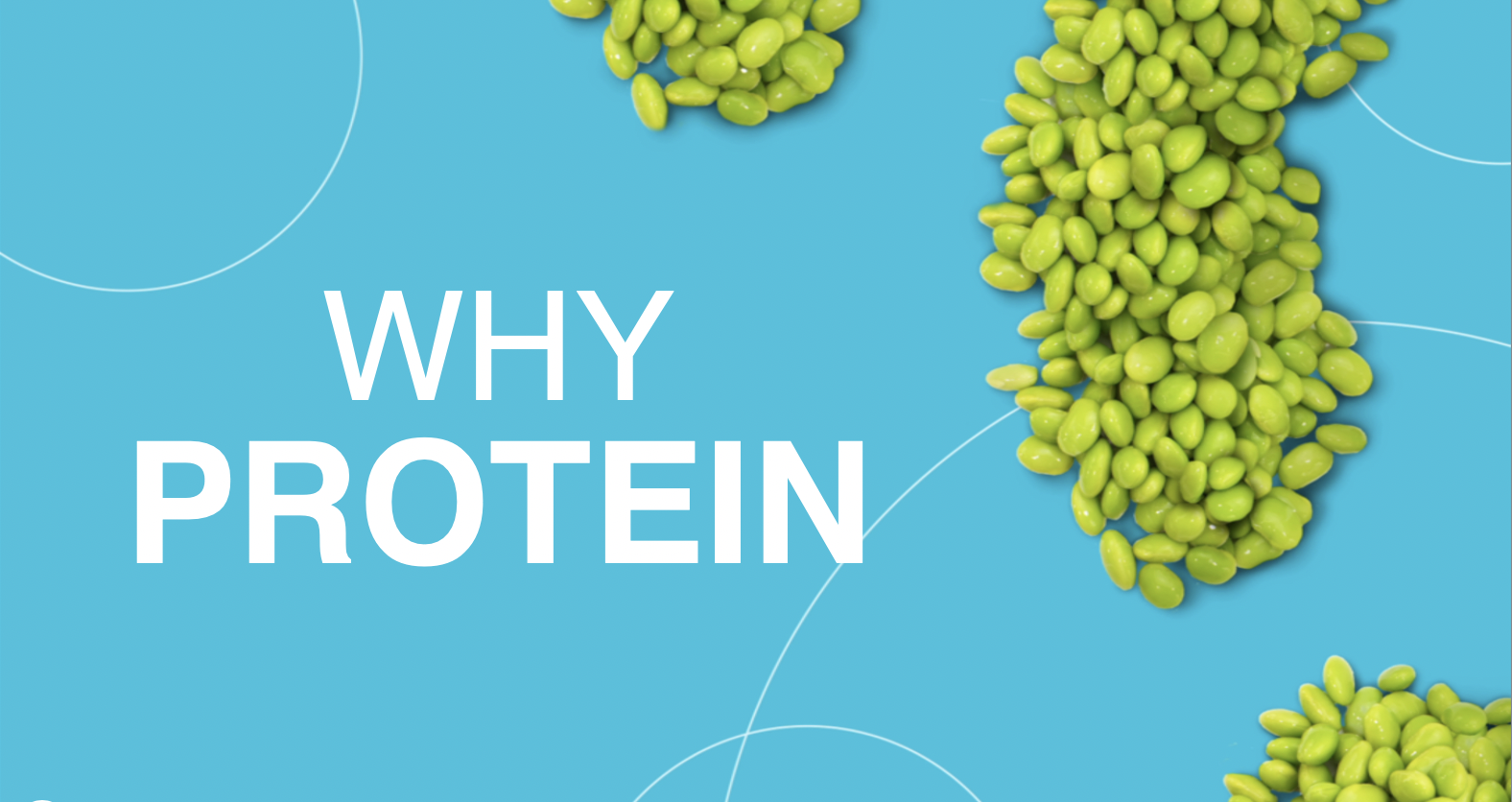
We hear all the time that protein is critical to success in weight loss, muscle building, and even general health. But why is it that protein plays such an important role?
In this article I’ll cover some of the basic principles around protein. Hopefully, I will provide a short overview that answers the why question.
How much and when to eat protein
Let’s start with the fact that the body cannot store protein. Because of this, protein is labeled a macro-nutrient. We must consume enough of it each day and throughout the day to ensure our bodies get enough. So what’s enough? Well it varies for all of us depending on our own body composition. As a general rule of thumb we should consume approximately 1-2g of protein for every kg of body weight. So for a 70kg person that would be between 70g-140g per day. If you’re able to measure your lean body mass on something like a body composition monitor (e.g. like those available from Tanita and Omron etc) then you can apply another general rule of thumb of 1g for every 1lb of lean body mass. This second measure makes it more specific to the level of muscle an individual has.
Now how much protein we eat is one thing but we also need to consider how and when the body is able to absorb it. It turns out that most of us can only absorb approximately 25g of this macro-nutrient in any one sitting. And it takes about 2 hours to do so. So we should be spreading the protein out across all of our meals, whether that’s 3 meals per day, 5 meals per day or more in order to ensure we get the maximum benefit and don’t just lose it down the loo.
So what makes protein help with appetite control and weight loss?
Firstly, protein is one of the hardest foods to break down in the stomach so that the body can utilize it. For this reason it sits in our stomach for longer keeping us feeling full, and because it requires more energy to break it down it has the highest ‘thermogenic’ effect (the number of calories required for digestion), stimulating an increased digestive metabolism known as thermogenesis.
Secondly, when we eat foods our bodies produce certain hormones and signals that tell the brain we’re full. Protein just happens to stimulate the production of a hormone called PYY. It does this much more than other food types like fats or carbs. PYY tells the brain we are full and so protein helps again to keep us feeling full.
Thirdly, the stomach produces a hormone called ‘ghrelin’ that tells us we are hungry, drives an increase in calorie consumption and promotes fat storage, but protein dampens this hormone, again, helping us to feel full for longer.
And why then does protein matter for metabolism and muscle building?
And finally, protein provides the building blocks that our bodies use to repair and rebuild many of the tissues in our bodies from skin collagen and blood cells to organ and muscle tissue. These building blocks are called amino acids. Whilst our bodies can manufacture some of these internally there are some amino acids that we cannot internally manufacture. This amino acids are known as ‘essential’ amino acids as they must be eaten in order to get them.
Eating enough protein, and getting these essential amino acids allows our body to repair and rebuild muscle that’s been broken down by physical exercise, allowing users to get stronger. This process and appropriate protein intake ensures that we maintain the right amount of muscle for the physical demands we place on our bodies. This muscle requires seven times more energy each day than our fat mass, so it’s our lean body mass (organs and muscle tissue) that drives our metabolism and maintains our energy needs for the day.
Summary
So protein fuels our metabolism, requiring more energy to process and feeding our lean body mass, as well as producing feel full hormones and suppressing those that make us feel hungry. In doing this protein is vitally important in the battle for weight control, fat loss, muscle retention, growth, and metabolism.
There’ll be more on which foods to eat, how protein types are digested, and how to ensure you maximize its intake in future articles.
Neil Wilkinson
https://www.trainerize.me/profile/totalhealthcare



